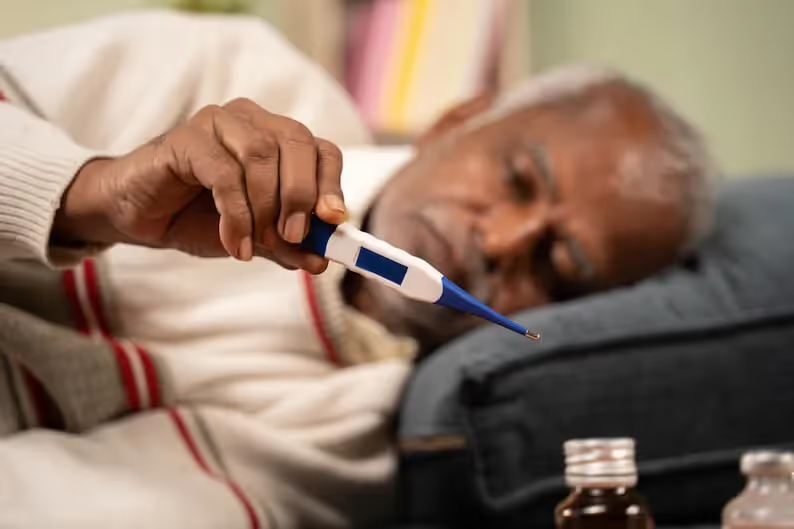When a senior develops a need for medical care, it can be difficult to decide where to seek treatment. These spur-of-the-moment health conditions or concerns can take you by surprise and leave you feeling scared, anxious, and flustered. So, how do you know if you should walk into urgent care, rush to the ER, or contact your primary care provider?
Emergency Room
If you or a loved one is suffering from a life-threatening condition, you should never hesitate to call 911. Life-or-death situations always require emergency medical care. For example, these situations include heart attacks, strokes, or anything preventing someone from breathing correctly.
Hospitals provide the highest level of care when it pertains to critical health emergencies. In addition, emergency rooms are open 24/7. However, this doesn't mean you should choose to visit the hospital for all your "emergency" situations. Emergency rooms can be pretty costly to receive care. Plus, you will not be seeing your provider, who is familiar with your overall health and any current health issues you are experiencing.
It is best to limit your emergency room visits to just that – emergencies. And if you do end up going to the hospital, you need to contact your primary care provider immediately and inform them. This helps to keep them in the loop, and they can schedule a follow-up visit with you after you are discharged.
Urgent Care and Walk-In Clinics
Urgent care or walk-in clinics are similar to emergency room visits because they, too, can become very expensive and are not specialized. Unfortunately, many urgent care facilities don't always accept a wide variety of insurance, so it could leave you having to pay quite a bit out of pocket.
Also, when you see a provider at one of these types of clinics, you are not receiving personalized care. They do not have access to your records and treat you based on what you tell them. There may be times, however, that you must seek treatment from urgent care. For example, if you are out of town and need immediate assistance without it being an actual emergency and cannot see your provider, a walk-in clinic may be your best option.
Just as you would if you went to the hospital, you need to inform your primary care doctor that you visited urgent care. They need to be aware of any outside treatment you receive so they can track any and all health concerns.
Primary Care
Primary care is your one-stop shop for all things healthcare. Your primary care provider is the quarterback of your health, coordinating with other specialists and providers as they pertain to your health. Your primary care provider wants to be your go-to person when you need medical assistance.
By seeing your provider, you're able to receive comprehensive care that is tailored to you and your specific needs. Your primary care provider knows your history and will have a better understanding of the type of treatment you need.
At VIPcare, we want you to CALL US FIRST anytime you need medical treatment. We have a provider on-call 24/7 for you to consult. In addition, we offer same-day appointments for when you have non-life-threatening emergencies. Your PCP is a cost-effective solution, as your insurance can be billed accordingly, helping to cut down on unnecessary fees.
It's always important to have an emergency plan. Let your loved ones and neighbors know what to do should you find yourself in an emergency. Have your primary care provider's contact information readily available, and always CALL US FIRST.




